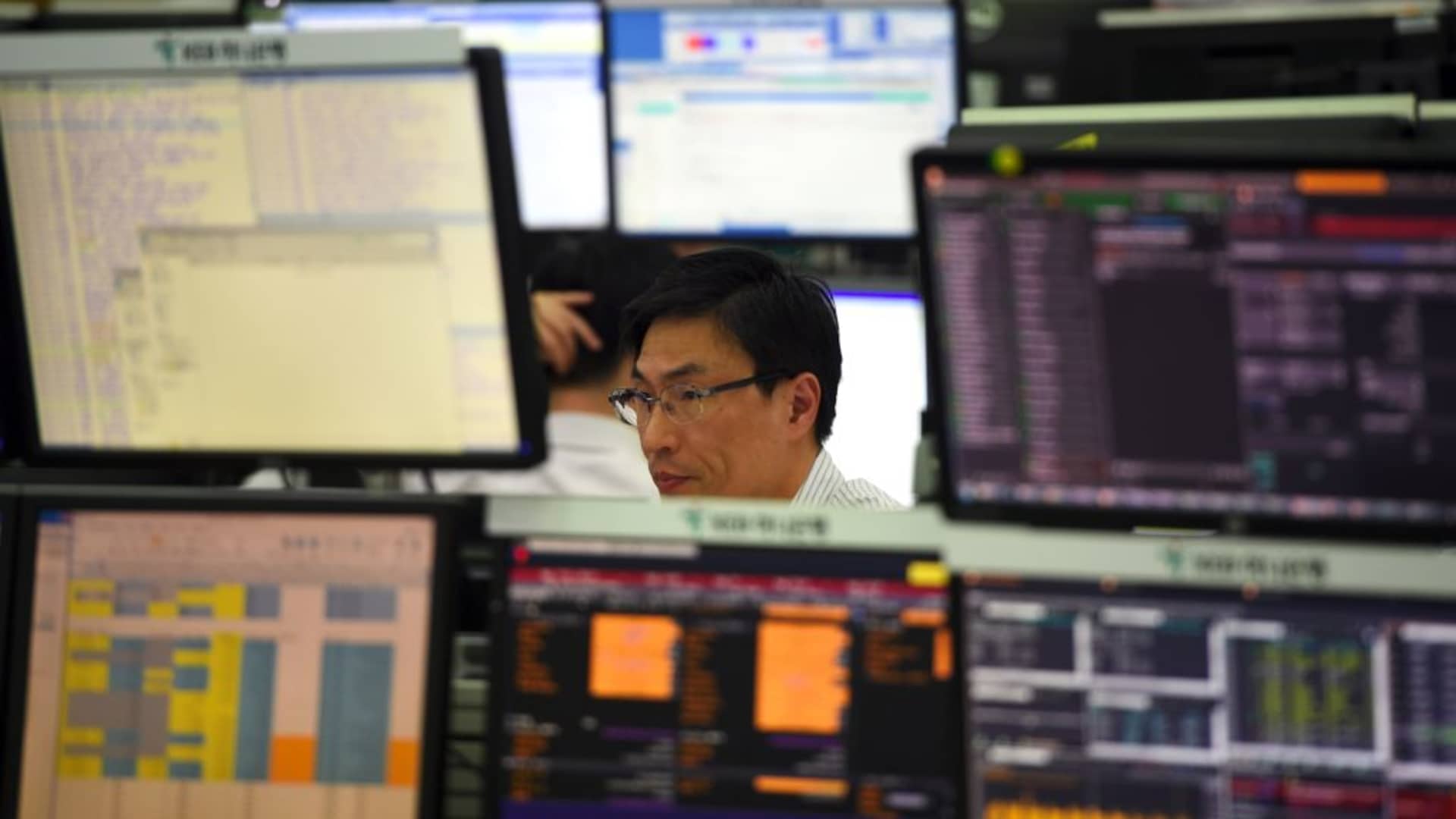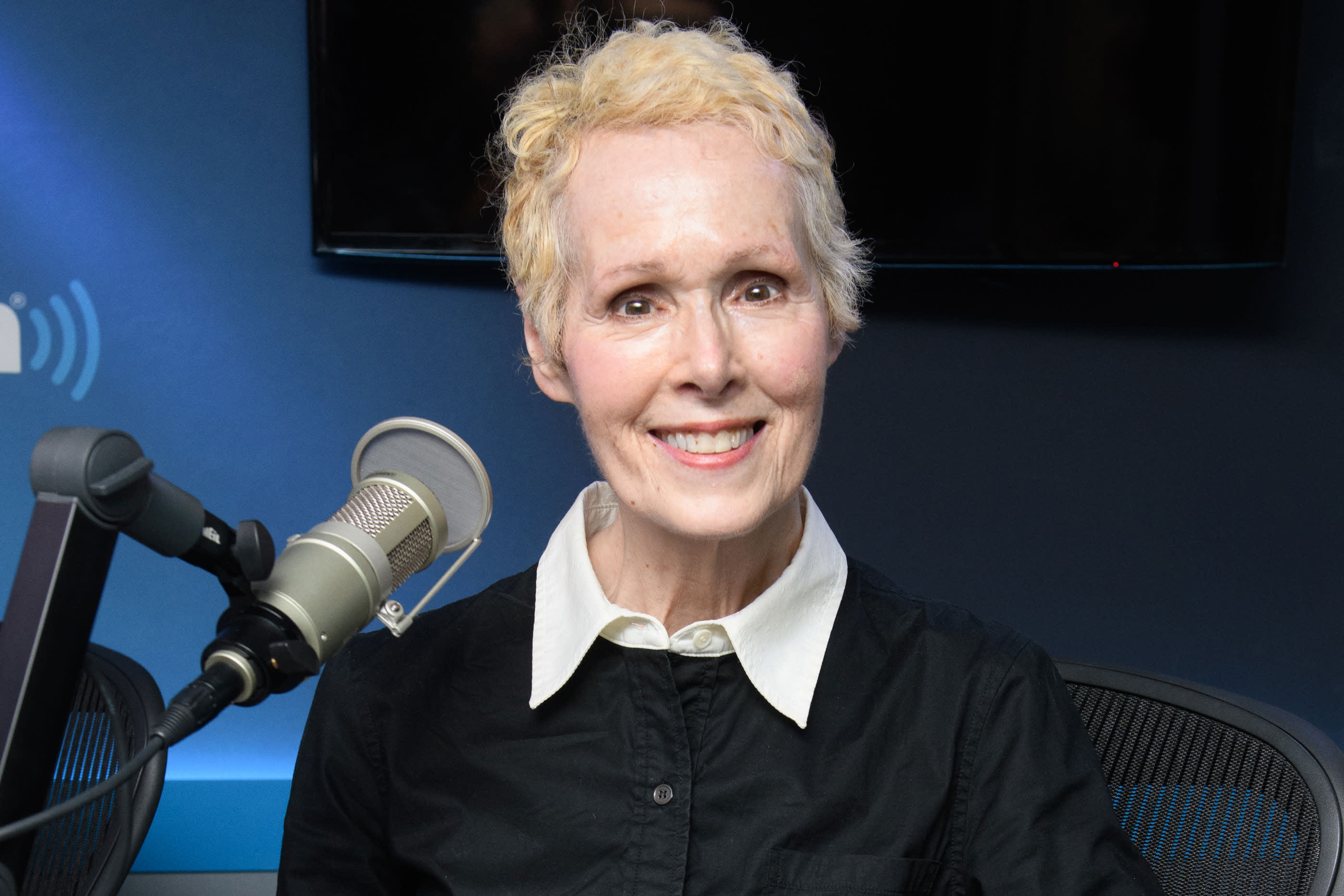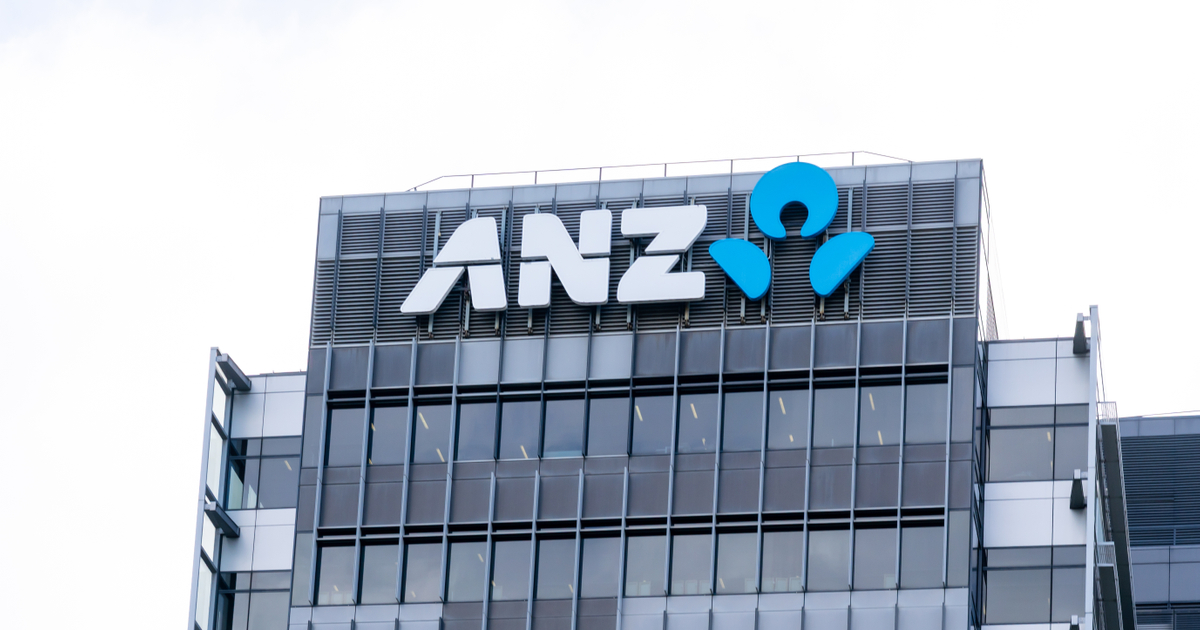South Korea to speed up reforms for boosting shareholder returns and tackling 'Korea discount'
The Financial Services Commission chairman Kim So-young said regulators will be speeding up the schedule for the earlier announced reforms.

A currency dealer monitors exchange rates in a trading room at KEB Hana Bank in Seoul, South Korea.
Jung Yeon-Je | AFP | Getty Images
South Korea's financial regulator will look at speeding up the corporate reforms proposed last month and could reportedly add newer measures, after market players voiced concerns the announced steps might not be enough to tackle the so-called "Korea discount."
The Financial Services Commission held a meeting on Thursday with domestic institutional investors and the country's pension fund, where vice chairman Kim So-young said the schedule for the reforms announced earlier would be speeded up, according to a Reuters report.
"We will do our best to announce and implement before the previously planned schedule, as the market's expectations are high."
In a statement issued after the meeting, the FSC said it aims to establish transparent markets, make capital market more accessible and push for shareholder returns to boost South Korea's undervalued stock markets.
The regulator said it would also encourage institutional investors to "actively communicate with companies about the need to take voluntary measures to enhance valuations."
Korea's FSC had launched its "Corporate Value-up Program" in late February to enhance shareholder returns and stock prices through incentives including tax benefits, which it also reiterated on Thursday.
It is also seeking to "encourage listed companies to voluntarily set up and disclose valuation enhancement plans."
The measures, which are similar to those undertaken by Japan, have fallen short of market expectations. Analysts said what worked for Japan and helped push its stock markets to record highs after 34 years, may not work for South Korea.
Lack of targeted steps as well as South Korea's dominant "chaebol" have been cited as reasons why South Korea needs to do more to lift stock valuations. Chaebols are large family-owned global conglomerates, typically controlled by the founder's family. Notable chaebols include Samsung Electronics, LG, SK and Hyundai.

FSC had earlier announced the introduction of the "Korea Value-up Index" for institutional investors, including pension funds, an index similar to Japan's JPX Prime 150, comprising the country's best-performing companies.
"In close consultation with institutional investors, the KRX plans to finish up developing Korea value-up index by the third quarter of this year," the FSC said in a statement on Thursday.

 BigThink
BigThink 






























![The Most Followed Gen Z Celebrities on Instagram [Infographic]](https://imgproxy.divecdn.com/JKpBFjSX_y0W1otFFRdybO8P8atJALo0ncJMhOZjaiA/g:ce/rs:fit:770:435/Z3M6Ly9kaXZlc2l0ZS1zdG9yYWdlL2RpdmVpbWFnZS9tb3N0X2ZvbGxvd2VkX2dlbl96X2NlbGVicml0aWVzMi5wbmc=.webp)

